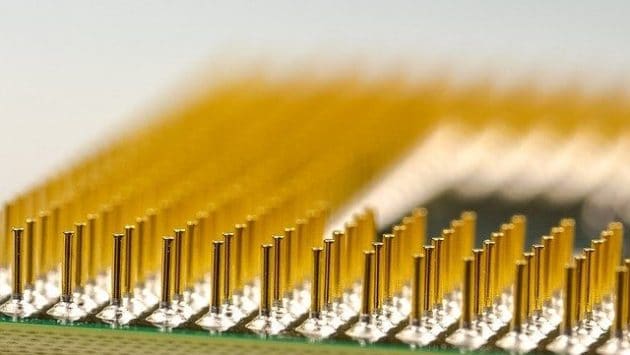The country has been re-branded as a “heaven for foreign companies”. Those policies come with a cost, however.
Phil Robertson, deputy director of Human Rights Watch in Asia, says, “Many of those working on the factory lines are migrant workers brought to the country on the promise of decent work but who are facing a system of exploitation that has deepened and expanded over the years. While a lot of this might look like normal work, when you consider the position that many of these workers are in, where they have paid extortionate fees for their jobs, have had to work as long as three years to pay off that debt, and have no access to personal identification documents or any control over terms or conditions of work, then this isn’t decent work – it is akin to modern slavery.”
Migrant workers are the fuel driving Malaysia’s electronics boom. Campaigners believe that as much as 40% of Malaysia’s workforce is made up of migrant workers, up to a third of whom are undocumented.
Many global brands operating in the country rely on subcontractors or third-party recruiting agents to fill factories with workers.
“Malaysia is one huge assembly plant,” said Bruno Pereira, of the Malaysian Trades Union Congress. “The who’s who of the electronics industry is here, yet the labour supply companies and subcontracting companies are a law unto themselves. There is no minimum wage, no overtime rate and no inspection. They operate under the radar.”







Freedom United is interested in hearing from our community and welcomes relevant, informed comments, advice, and insights that advance the conversation around our campaigns and advocacy. We value inclusivity and respect within our community. To be approved, your comments should be civil.